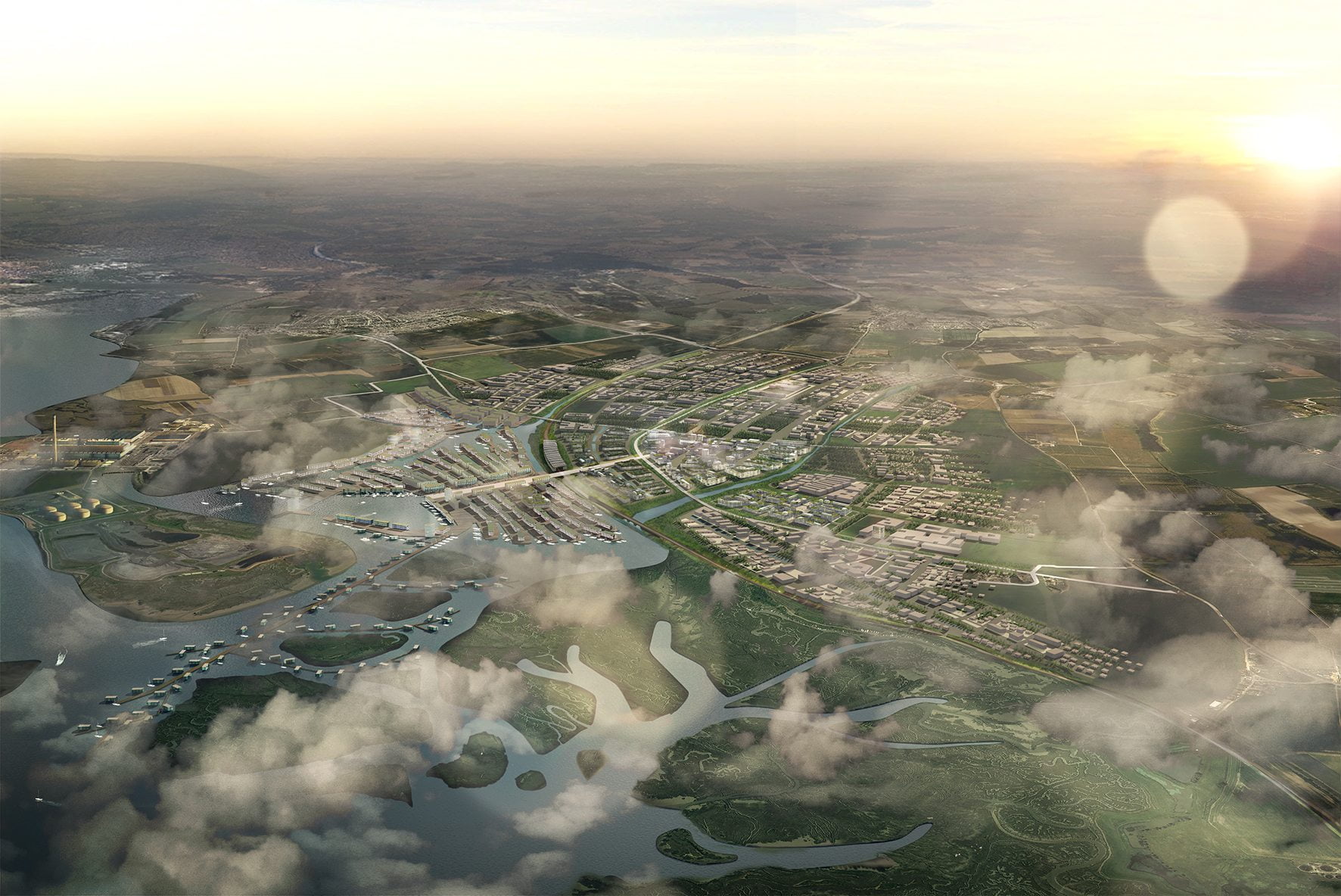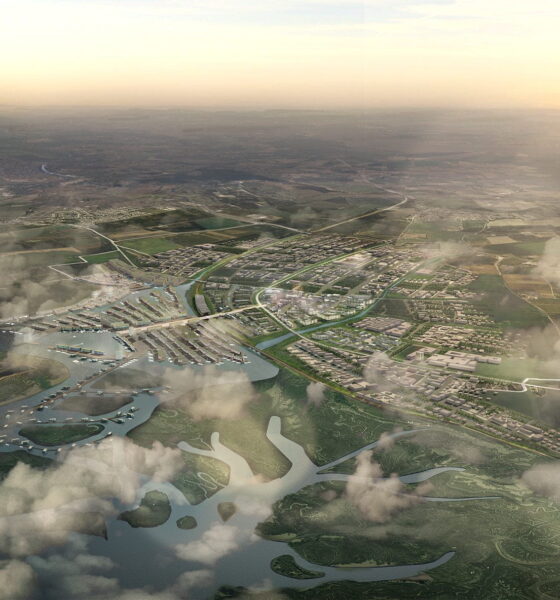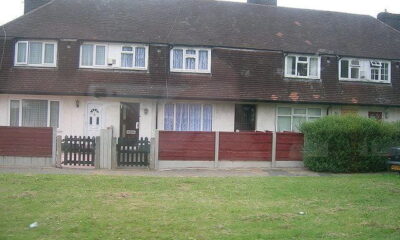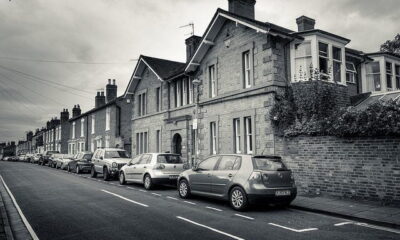

Environment
Plans for garden cities unveiled as 2014 Wolfson Economics Prize announces shortlist
The shortlist for the 2014 Wolfson Economics Prize, which asks entrants how they would deliver a visionary garden city, has been announced, as a poll reveals three-quarters of Britons would support their construction.
The five finalists are town planning and design consultancy Barton Willmore, the leading housing and homelessness charity Shelter, Wei Yang & Partners, David Rudlin of urban design and research practice URBED and Chris Blundell, who entered individually.
This year’s edition of the Wolfson Economics Prize, which launched in November, asked entrants, “How would you deliver a new garden city which is visionary, economically viable, and popular?”
Speaking to Blue & Green Tomorrow after the launch, Lord Wolfson – chief executive of retailer Next, Conservative peer and the founder of the prize – explained, “British people live in the smallest, most expensive housing in Europe, pretty much without exception.
“There is an enormous pent up demand for good housing. At the moment house price inflation is increasing the gap between rich and poor and old and young. New cities offer a solution to that.”
The winning ideas include Barton Willmore’s 10-point delivery plan, which would launch a new National Spatial Plan to identify suitable locations for new garden cities, and hire garden city mayors to front new commissions.
Meanwhile, Shelter proposed a new city on the Hoo Peninsula on the north Kent coast, with a model designed to attract substantial private investment into the provision of homes, jobs, services and infrastructure, with unique opportunities given to local investors.
The finalists have now been asked to refine and develop their submissions before August 11, when a panel of judges will choose an overall winner. The top prize is £250,000.
“The creative energy and enthusiasm demonstrated by the 279 entrants to the 2014 Prize has been inspiring”, said Lord Wolfson.
“Collectively, entries clearly demonstrate that garden cities are not just an opportunity to crack Britain’s housing crisis – they can also deliver better homes, gardens, infrastructure, schools hospitals, public spaces, jobs and economic growth.
“They are a real chance to improve quality of life for hundreds of thousands of people,” he said.
To coincide with the announcement, the prize’s organisers published the results of a survey that found 74% of people think it is a good idea to build new garden cities.
Support was particularly high in the capital, where 76% of respondents said they would back such plans.
A number of recent studies have suggested that people who live in greener cities enjoy various benefits. In January, research by the University of Exeter found that green spaces in urban environments provide “significant and sustained improvements in mental health”.
In November, a separate report from Policy Exchange – the charity managing the Wolfson prize – argued that green spaces were “central” to successful cities.
In March, the government unveiled its own ideas for a garden city – with plans for a long-awaited 15,000 home settlement in Ebbsfleet, Kent.
The judging panel have also awarded £50 each to three children who entered the competition, including 6-year-old Ewan Frearson from Letchworth Garden City, the youngest ever entrant to the Wolfson prize.
Photo: Shelter
Further reading:
‘Garden city’ to provide 15,000 homes in Ebbsfleet, Kent
Wolfson Prize: submissions close in £250,000 competition to create ‘garden city’
Report: green spaces ‘central’ to successful cities
£250,000 prize for city blueprint that mixes nature with architectural splendour


 Environment12 months ago
Environment12 months agoAre Polymer Banknotes: an Eco-Friendly Trend or a Groundswell?

 Features11 months ago
Features11 months agoEco-Friendly Cryptocurrencies: Sustainable Investment Choices

 Features12 months ago
Features12 months agoEco-Friendly Crypto Traders Must Find the Right Exchange

 Energy11 months ago
Energy11 months agoThe Growing Role of Solar Panels in Ireland’s Energy Future





























